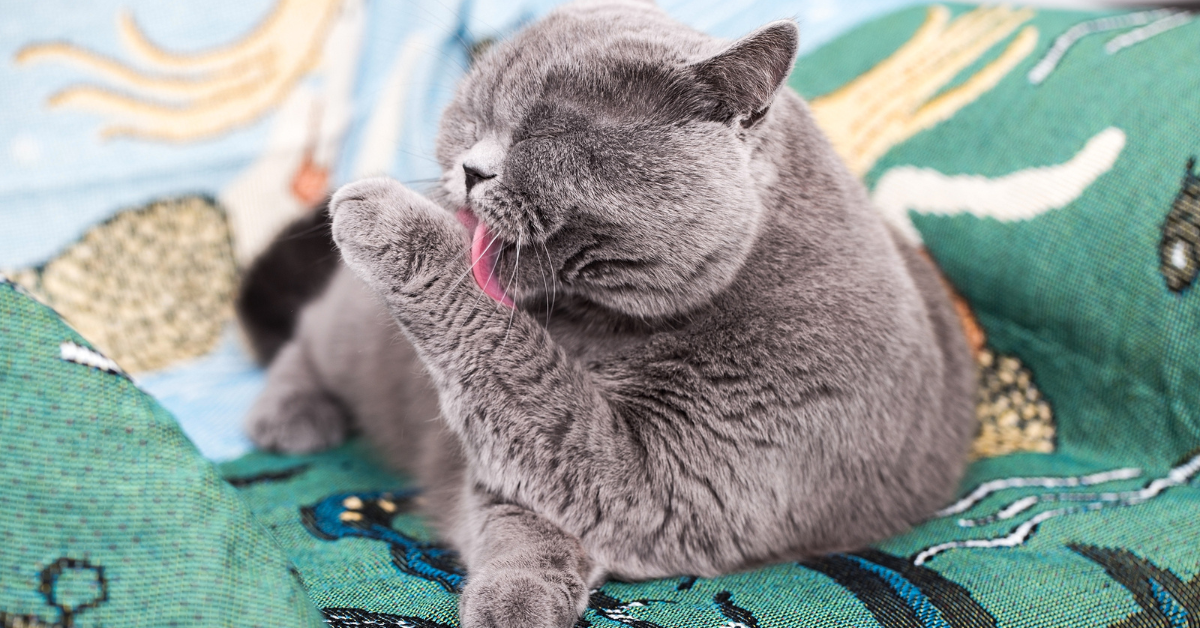Pet Dental Health

Caring for our furry four-legged companions is often compared to caring for kids. Our pets require regular checkups and vaccinations throughout the year. But unfortunately, our pets dental health is often neglected by pet parents as the focus is usually on vaccines such as Rabies and Distemper, among others. However, as responsible pet parents, we’re accountable for their oral hygiene, too!
DID YOU KNOW?!
“Did you know that regularly brushing your dog’s teeth and providing a healthy diet and plenty of chew toys can go a long way toward keeping her mouth healthy?”1
Knowledge is power, and when applied it keeps us, and our pets out of harm’s way. Whether you've got a kitten, puppy, adult cat, or adult dog you should be regularly brushing your pet's teeth with a toothbrush and toothpaste that is safe for animals. You must never use human toothpaste for your pet as it can be poisonous to both dogs and cats. For cats, consider a fish-flavored toothpaste and for dogs consider a peanut butter-flavored toothpaste. If this is your first time brushing your cat's teeth, click here for a guide on How to Brush a Cat's Teeth.
To keep your pet's teeth healthy and strong for years to come, follow these tips and best practices from our friends at the ASPCA:
1. Breath Test: While dogs aren’t known for having the best-smelling mouths if their breath could literally make you pass out, or if your dog has a loss of appetite or is vomiting or excessively drinking or urinating, please contact your vet immediately! Loss of appetite and/or vomiting can be a sign of a serious illness. However, if your dog is just experiencing some bad breath, but is still acting normal, there could be many reasons for the bad breath. Click here to learn more about the causes of bad dog breath.
2. Lip Service: Have your dog face you and lift his lips to examine his gums and teeth. Your dog’s gums should be pink, not white or red, with no signs of swelling. This test should be performed weekly.
3. Signs of Oral Disease include:
- Bad breath
- Excessive drooling
- Inflamed gums
- Tumors in the gums
- Cysts under the tongue
- Loose teeth
4. Canine Tooth-Brushing Kit: Your vet can provide you with a tooth-brushing kit or direct you to a local pet supply store that carries the appropriate one for your pooch’s size and needs. As a reminder: Never use fluoride with dogs under 6 months old as it can harm their enamel formation. Also, never use human toothpaste as this can irritate a dog’s stomach. For tips on brushing your dog's teeth, click here!
5. Mouth Disorders 101: Contact your vet to discuss your pet’s oral health history and learn about the following disorders, including:
- Periodontal disease
- Swollen gums
PREVENTING DENTAL ISSUES
To help maintain your pet's teeth, be sure that you are providing them with plenty of chew toys. Chew toys made from nylon like BarkBones scrape built-up plaque and tartar from your pet's teeth as they chew on the toy. This not only helps keep your dog's teeth clean, but it also helps relieve your dog's instinct to chew!
While chew toys help dogs keep their mouths clean, it's important to set up a schedule for your dog's teeth brushing sessions. Stay with it to prevent future dental issues.
CONCLUSION
Just like humans, dogs and cats should have their teeth brushed regularly in order to prevent periodontal disease. Certain tests can be done at home like a breath test or gum and teeth inspections. If you notice your pet's gums are inflamed or teeth are falling out, schedule an appointment with your vet. Also, if your pet refuses to let you touch their teeth, make an appointment with your vet. They have the tools and experience that some pets need. With proper care and regular teeth brushing, your pet's teeth and mouth should stay disease-free!
Previous article

Next article

Related posts
View all-

5 Simple Tips to Make Sure Your Cat Drinks Enough Water
Ensuring your cat stays hydrated is important, but it can be challenging since many cats don't drink enough water. Dehydration can lead to kidney disease and other health issues. Fortunately, you can encourage your cat to drink more with a few simple changes. Read Article -

How to Keep Your Cat Busy at Night (So You Can Sleep)
For many cat owners, the quest for a good night's sleep while keeping their feline friends content and engaged can seem like a never-ending battle. Cats, naturally more active at night or early in the morning, often disrupt your sleep schedules with nocturnal activity, whether through playful nature or seeking attention. Read Article -

Should You Bathe Your Cat? Everything You Need to Know About Cat Hygiene
When it comes to cat hygiene, a common question among cat owners is, "Should you bathe your cat?" Understanding how to care for felines, especially bathing cats properly, is crucial for maintaining their overall health. Most cats are fastidious groomers, but specific scenarios like long-haired cats getting dirty or skin irritations, might require a bath.
Read Article



